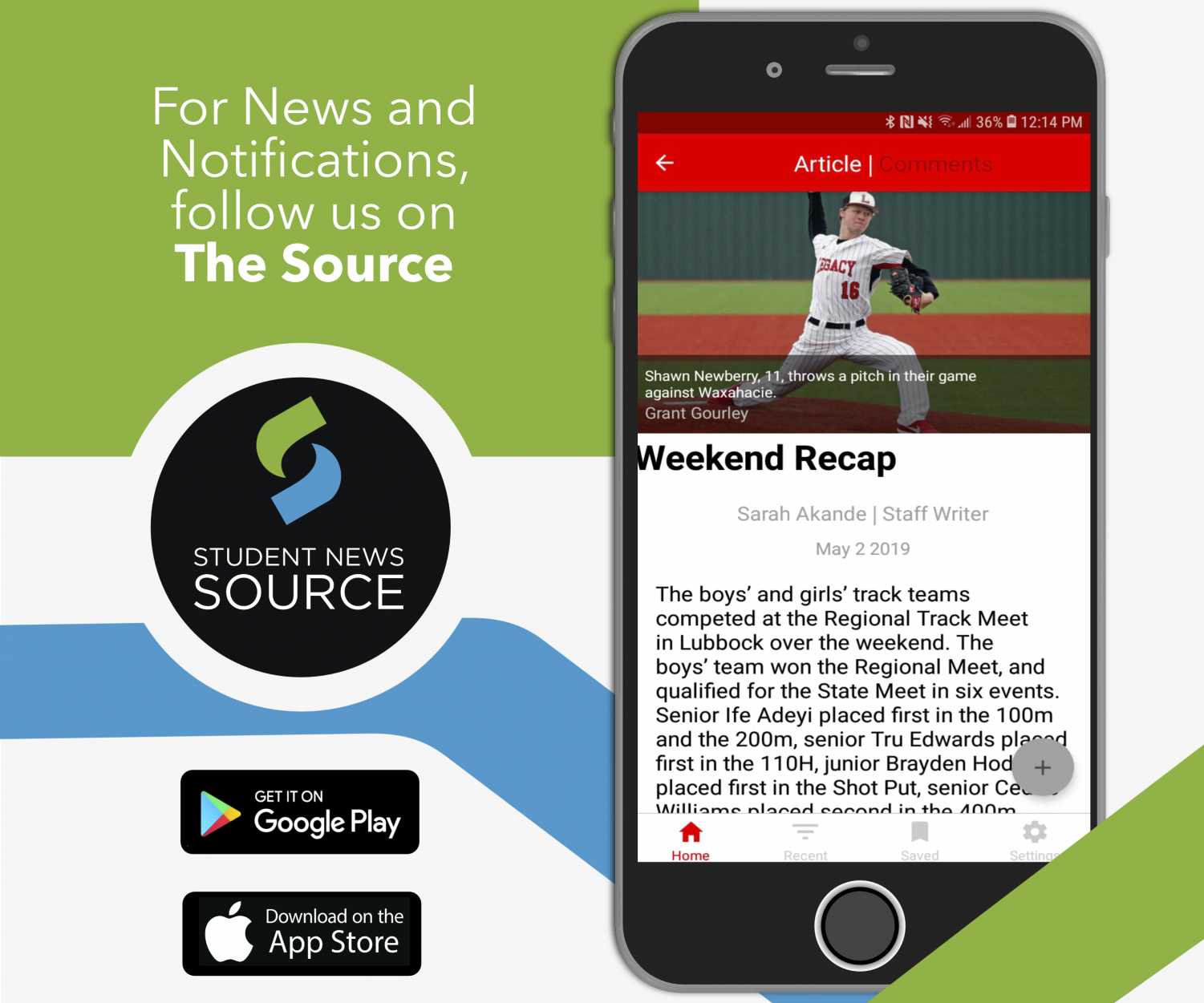Community Failure to Back the Levy Will Leave Schools in Crisis
February 7, 2022
As the child of a public educator, from a young age I can vividly recall joining teachers, staff, and even students in pleading with community members to renew the levy. But this year, the desperation is more urgent than ever.
As the Levy renewal vote quickly approaches, it seems necessary to address the swirl of misinformation surrounding the decision.
Enacted by the state of Washington, SWHS currently runs on a prototypical model, which is repeatedly proven to fall short in terms of funding basic educational needs. The prototypical model is a state-sponsored ‘needs-based’ means of funding. However, what is included under school ‘need’ is not as comprehensive as required to adequately support programs in the Arts, athletics, and in generally supporting the culture and community atmosphere of the district. As a result, it is levy funding which becomes necessary to fill this gap.
While the Sedro-Woolley School District is currently receiving ESSER funding (funding allocated to districts as an attempt to negate the impact of Covid-19 on districts), this funding is only applicable to fit the needs presented by COVID-19. According to the Sedro-Woolley School District information page, 80% of ESSER funding goes towards Covid related expenses, and 20% goes to fill learning gaps that have resulted from the subsequent loss of academic engagement that followed online learning. However, this funding is exhausted in a one-time payment to the school, and does not help to address pre-quarantine needs within the district.
The first point of contention is that of teacher salary. According to CNBC, on average teachers make nearly 20% less than the average worker, not including the extra hours contributed over the summer and extra costs for classroom materials. Teachers make more as far as Washington state is concerned due to the McCleary decision on January 5, 2012, which increased the amount of allocation of funds to teachers from $54,000 to $64,000, making the average pay in Washington state around $66,623 per year, which, though an improvement, is far below the ‘six figures’ claim echoed by some.
Regardless, what many anti-levy ‘advocates’ don’t take into account is that levy funding does not impact the vast majority of teacher salaries, with the state funding nearly 85% percent. If the target of this outrage was really teachers and associated staff, going about it in this way does not only discredit any actual debate about teacher salary, but it also ties the levy vote to issues that are not directly related to it, as an attempt to distract from the actual impact.
What the Levy actually funds is nearly 99% of athletics/clubs and extracurriculars ($503,004 levy-funded, $504,027 total), approximately 89% of paraprofessionals, playground duties, and crossing guards.(67.69 jobs levy-funded, 75.40 total) This funding also covers 73% of custodians (18.95 jobs levy-funded, 25.70 total) ,(5.25 jobs levy-funded, 5.90 total), and 89% of nurses (5.25 levy-funded, 5.90 total) which have seen an increased need following pandemic sanitation needs. With these statistics in mind, the bottom line is that in the midst of all of these incredibly minor complaints, there are very real needs at stake.
The next anti- levy argument is that of increased tax rates, a notion that is entirely false. The 2022 levy vote is not a vote to increase funding, only to maintain the current funding already supplied to the school. For this reason, our levy is capped, meaning that even as property values go up, the approved tax margin voted on by the public will not increase.
Our tax rate currently falls at $2.50 tax rate, with some exceptions for senior citizens and those with disabilities, a number that will not increase. These taxes are a valuable investment in not only students but also in the community. Increased student participation in the arts, athletics, and extracurricular activities creates a more vibrant environment for families and more community involvement, and increased funding for technical education contributes more skilled labor to the workforce. This makes maintaining the current tax rate a small price to pay for community enrichment.
When a levy fails to pass, it is not only the community enrichment that suffers. Basic funding from the state struggles to cover the cost even of baseline education and this does not include aspects which heavily rely on levy support. For example, programs such as special education and highly capable programs are often neglected by the state, leaving these groups of students to struggle.
Most recently, community members opposing the levy have switched from addressing whether the district needs funding in order to speculate whether the district deserves it, in order to promote a very specific political agenda: following Washington state law mandates that schools maintain the safety guidelines put in place by the CDC and governor Inslee, some parents have come to the conclusion that unless masks are eradicated within schools, they will not be supporting the levy.
Regardless of community opinion about these restrictions, we must face the inevitable: that the future of mask mandates is not in the power of the school district. This means that even if the district came to an agreement to ignore CDC guidelines, they still couldn’t escape the restrictions put in place by the state legislature.
A levy vote holds for two to four years, traditionally four. This means that a petty stand against a temporary inconvenience, an inconvenience which the school has no authority over, will hold real implications with the future of students and teachers for up to four years into the future. The masks will come off, eventually. But the scars of a failed levy will mean that when students are finally able to return to these sports and extracurricular activities, they may no longer have the same opportunity.
With all this in mind, regardless of your political affiliation as community members, you hold a very specific responsibility to the students, teachers, and staff. And the only way to honor this responsibility is to vote.


